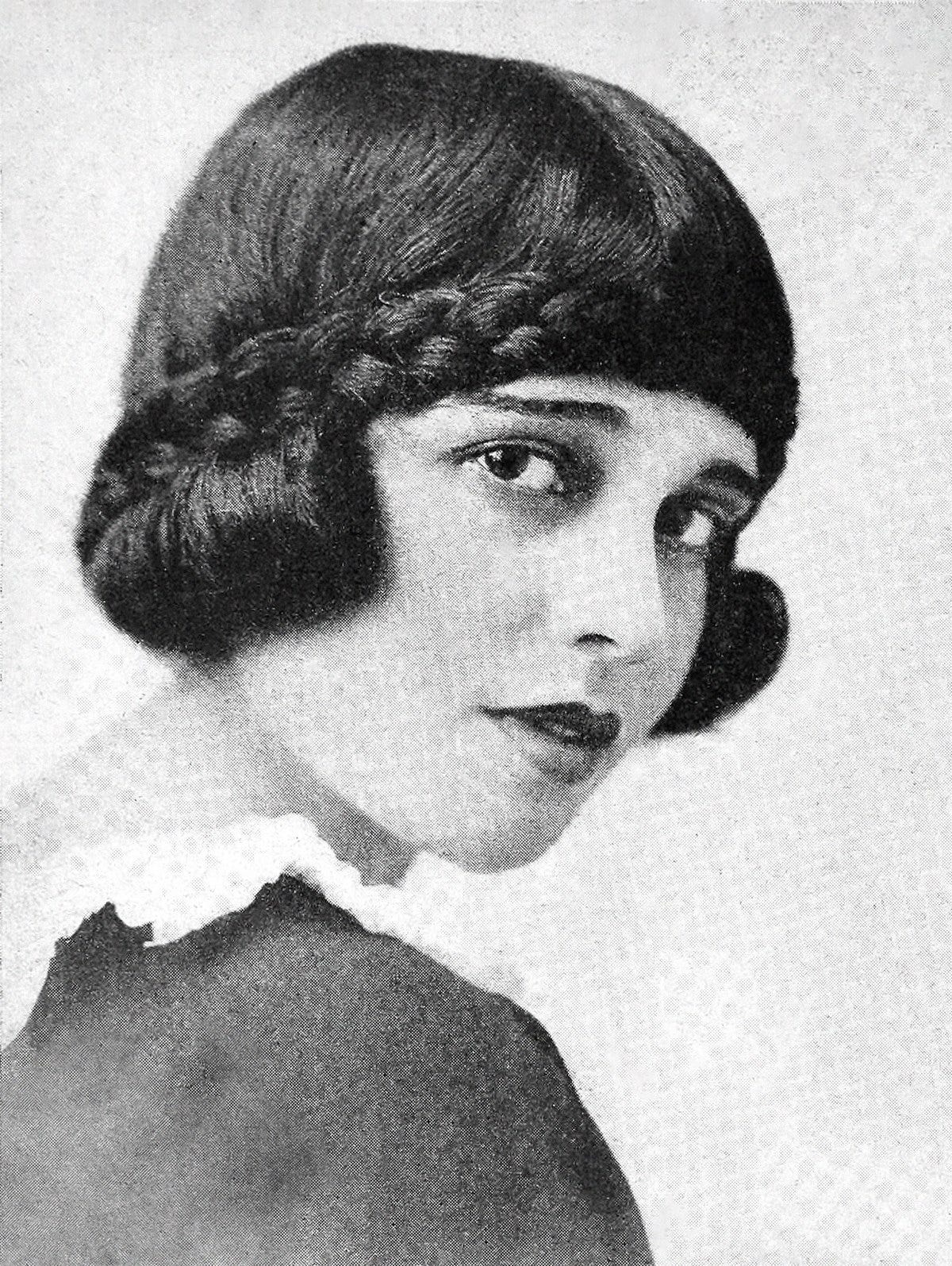Writing with "I"
Reflections on an MLA panel about biography writing, using "I" in academic writing, and a big new project.
Why am I getting this?
If you’re receiving this, it’s because you’ve participated in one of my programs or workshops, or because you’ve joined the mailing list on my website www.katherinefusco.com.
Work Under Review is a monthly newsletter about all things academic writing. I’ll aim to keep it short, helpful, and positive (like its author!). If, however, you’d rather not have a monthly email of writing tips and updates in your inbox, go ahead and unsubscribe at the bottom of this note.
Your writer friend,
Katherine
A February Writing Thought: Negotiating the “I”
This January, I attended the MLA (Modern Language Association) annual conference, where I was delighted to participate in a panel about biography writing.
As many of you know, I’m perpetually threatening to write a biography of Anita Loos, screenwriter and genius author of Gentlemen Prefer Blondes. This year, I’m really going to do it, and helping to facilitate this panel was part of my plot to hold myself accountable.
At the conference, each of us spoke about the subjects of our biographies and the challenges we are facing in rendering their lives.
Only one of us, the wonderful Sunny Stalter-Pace, explicitly made the question of writing “I” part of her presentation, but it was everywhere in our discussions.
During the Q&A, an audience member asked about our relationships to our subjects and also posed a provocative question about whether we’ve become disappointed with them at points (YES! But also, that’s fine!).
One of the panelists talked about her publisher wanting her to be a character in the biography. There are wonderful examples of this kind of work in biography writing, by the way, such as Jenn Shapland’s My Autobiography of Carson McCullers.
The question of “I” has been haunting me since I’ve returned, in part because I’ve been working with a book coach to help me pivot from writing the kind of argument-driven prose of my previous books to a more narrative and accessible style.
Working toward the proposal, I’m having to do a lot of thinking about my “I” and negotiating between what I as author find fascinating about Anita Loos and what a potential reader may want to know.
I am very certain that I will not be a character as such in the book. My life is too different from that of a fabulous Jazz-age writer, and not what the readers are here for!
Trying to shoehorn myself in would be a strange disruption: did you see Bama Rush? The documentarian’s feelings about her alopecia was too disconnected from the trials and tribulations of those sorority girls. That’s how I feel my reflections about life as an English professor and mother would be here.
Instead, rather than becoming a character, I’m trying to pinpoint the fascinations and frustrations with Loos that belong to me and use them as the voice of the book’s “I,” hoping that they will become the reader’s fascinations and frustrations as well. It’s been a burrowing into some things that are very specific to the way I do and don’t identify with Anita (do: hustling hard, fear of aging; don’t: distaste for feminism, being a wit) and hoping that these big feelings and questions I see Loos’s live encapsulating will speak to others.
I don’t always ask myself this kind of question when I’m doing more traditional academic writing—Why am I doing this research? What am I driving at here?—but I can see it being fruitful.
If you’ve thought about the “I” in your own writing, I’d love to hear about it.
Last Month in Writing Prompts
In January, all the writing prompts focused on this question of using I in writing.
1. Look for places where “I” can clarify your argumentative contribution.
2. Decide whether and how you might want to become a “character” in your writing.
3. Use “I” to the side of your document as a way of working through knotty problems. As in, “what I’m trying to say here is…”
4. Try responding in different ways to the question “Why am I writing this?” Let this motivate and energize your process.
If you want prompts like these in more detail, or when they appear hot off the presses each Sunday, you can find them by following my twitter account @fuscowrites, although I occasionally remember to do this on the less gross but more boring BlueSky under the same handle.
Three Delightful Things
On this month’s theme: Sunny Stalter-Pace’s blog post on saying I in writing.
Dan Blank’s The Creative Shift substack, which focuses on helping writers build their “platforms.” This might be especially helpful for academic writers (like me!) looking to pivot to more public-facing work.
Rebecca Colesworthy’s regular column on academic publishing for The Chronicle, including this month’s entry on how to approach an editor. As always, she’s transparent, practical, and keeps a view on the larger contexts for academic writing and publishing
BONUS: In her column this month, Colesworthy shares a link to the Association of University Presses’ Subject Area Grid. Did you all know about this thing? So helpful!
Update on Anita
As mentioned above, I am finally truly and properly working on my Anita Loos biography this year. I’ve hired a book coach to help hold me accountable and break me out of some academic writing habits. The other big thing writing a public-facing biography means is needing to think about my platform in a way I never have as an academic writer.
What does that mean for you, writing friend? It means you’ll receive an initial email newsletter about the Anita Loos project. If you’re happy to see the project take shape and learn more about early Hollywood and a trailblazing woman writer, great! If not, you’ll be able to unsubscribe from that first email.
Writing Support
If you’d like to join the (free!) Friday writing room, please sign up for the Zoom link here. We meet every Friday morning from 7am-9am PST for 2 hours of quiet cowriting. Come for some or come for all.




Thank you for your spot-on analysis of Bama Rush. The balance between subject and narrator POV in nonfiction is so hard to figure out! One book that I thought handled it very well was SANDFUTURE by Justin Beal. The book is a biography of Minoru Yamasaki (the architect of the Twin Towers) and simultaneously Beal’s memoir of his relationship with his wife, who suffers from migraines that may be triggered by the failings of modern architecture. It’s a book that shouldn’t work, but I found that it did. Worth a look!